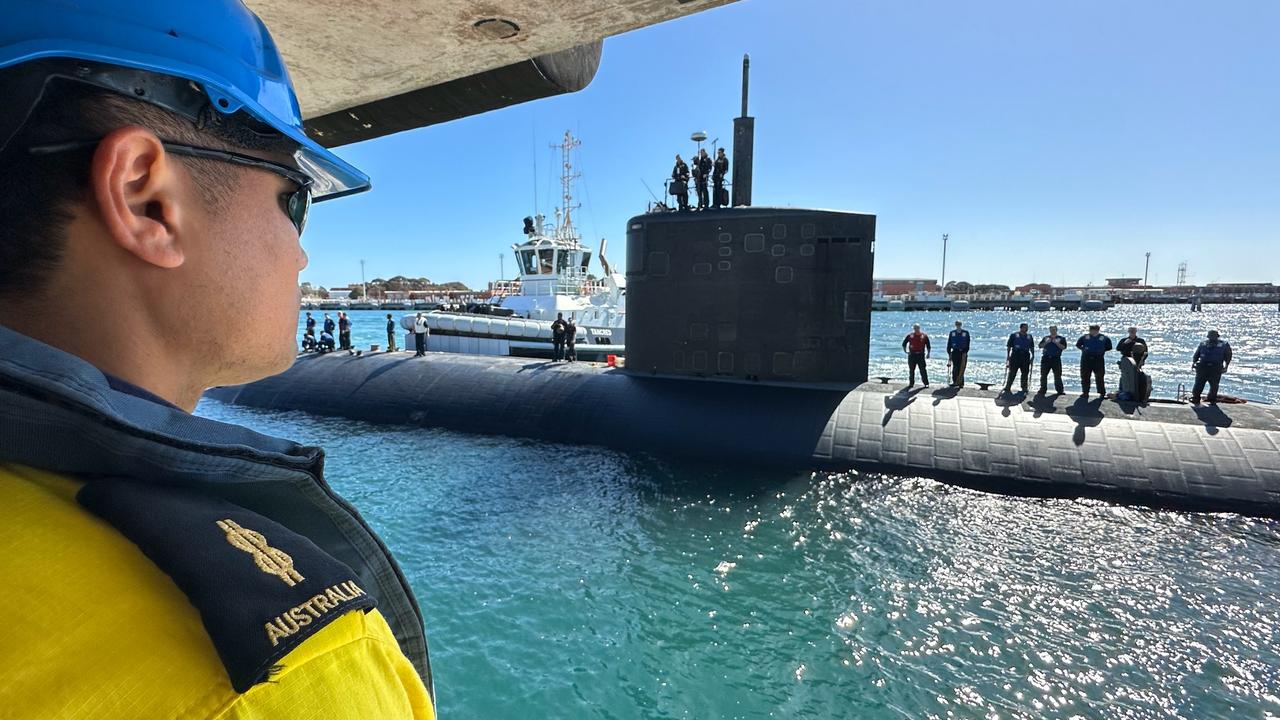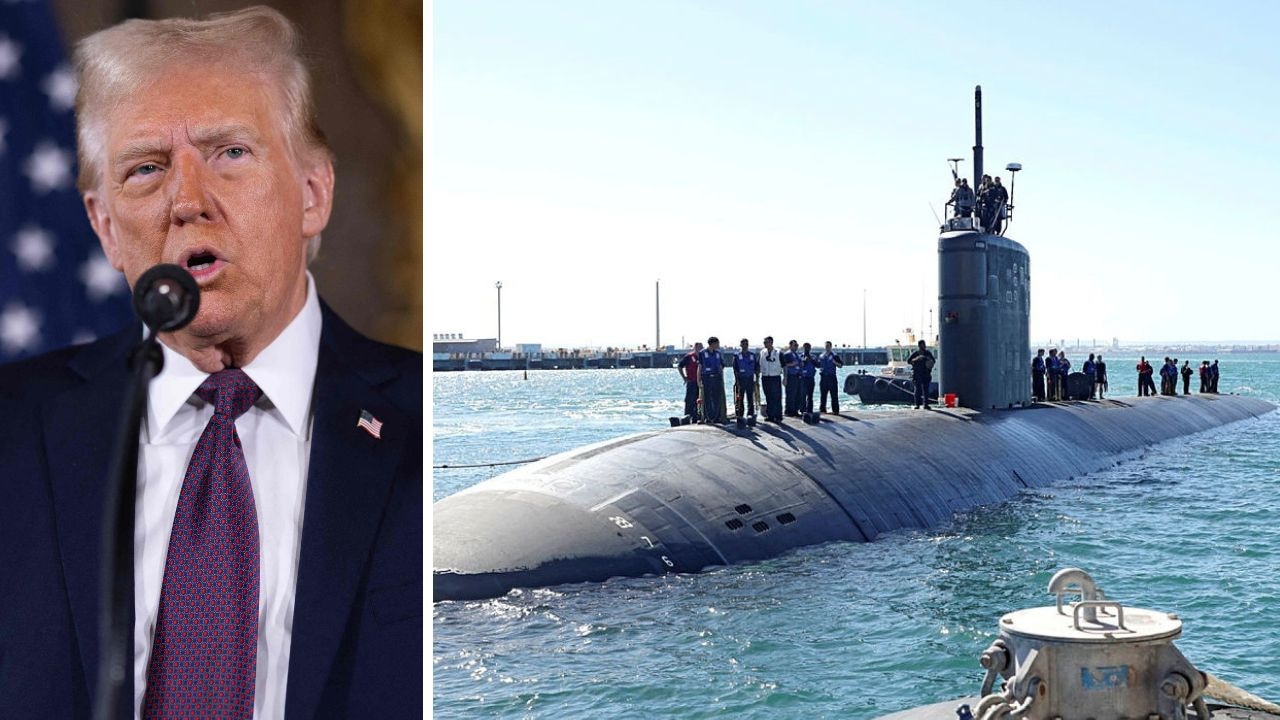‘Line in the sand’: Veterans suicide royal commission a chance at ‘holistic’ approach to health in the service
Peter Rudland, an Australian commando caught in a horrific helicopter crash, said mental issues probed by the Royal Commission extend to the most elite.

You can now listen to The Australian's articles. Give us your feedback.
Former sergeant Peter Rudland has many reasons to look back sourly on his military service.
Having spent 28 years with the commandos and SAS across Cambodia, East Timor, Iraq and finally Afghanistan, his service was brought abruptly to an end by a Black Hawk helicopter crash that left three dead and 11 injured.
He would spend more than a decade recovering, and had to overcome a “nervous time” of learning what his life would be like after service.
He does not blame the Australian Defence Force for his injuries, or the “re-evaluation” that came with it. It took the length of the Royal Commission into Defence and Veteran Suicide for him to even be convinced the process was necessary.


“I didn’t think there was a requirement for the royal commission,” Mr Rudland said. “But then I got involved … and I got to know what the three commissioners were about.
“I think I grew up. I realised there was a much larger holistic plan that needed to be a part of the response. Both physical and mental health contributes to all aspects of how people are treated.
“It’s about asking, are we recruiting the right people? Are we putting them in the right positions? Are they capable of the jobs that we’re asking them to do?
“I think the royal commission really showed me that there were so many areas that my mind had been closed to before.”
Mr Rudland hardly remembers the crash that left him with an array of broken bones and the impression of his rifle burned into his side.
It was later determined to be a result of a pilot error while flying low to the ground.
He does remember the weeks spent after, in a German hospital, coming to grips with the accident.
“You end up thinking that in my entire adult life, this is all I’ve ever done,” he said.
“Common sense told me my career was coming to an end, even though Defence said they would always look after me.”
By 2018, he was competing as a cyclist in the Invictus Games.
Having served with the “door kickers” of the army, special operations groups that carried out high-stress operations during the war in Afghanistan, Mr Rudland says he was among a cohort that was picked for being highly mentally resilient, yet he still saw people overwhelmed by the demands of the task in front of them.
“They’ve been picked on their maturity, their ability to learn and understand the positions they’re in,” he said.
“In the cases that we have had issues on the battlefield, I would say they’d be more linked to the frequency of operations that some of our guys went on.”
Mr Rudland praised the varied perspectives of commissioners James Douglas, Nick Kaldas and Peggy Brown, and called for a speedy sign-off on an independent body to oversee implementation of the recommendations.



